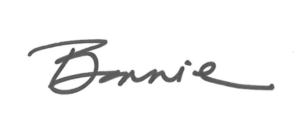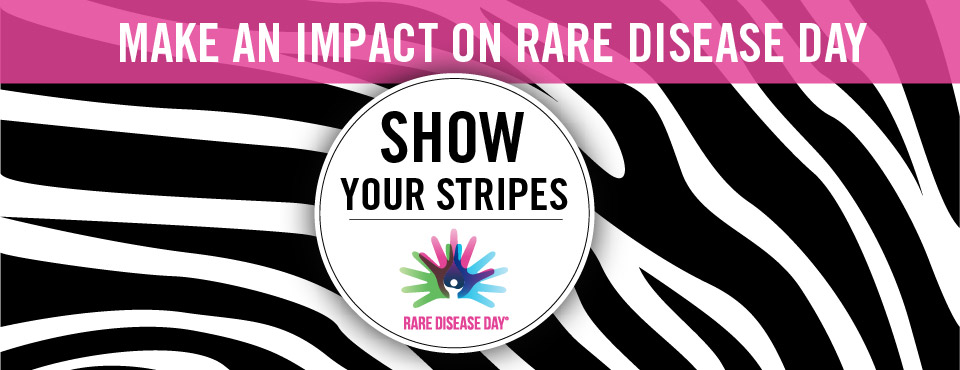Dear CdLS Community,
On this day – February 28th – the rarest day of the year, we take a moment from our daily lives to bring awareness about our community and what it means to live with a rare syndrome or disease.
I had the opportunity yesterday to listen to a panel of patients who are directly affected by rare diseases such as XLH, Creutzfeldt-Jakob Disease and Ehlers Danlos . They shared their experience of what it took to get diagnosed, the journey after finding out and what lessons there are for others facing the challenge. It was a powerful testimony all around and a few things that stood out to me that I’d like to share with all of you.
They spoke about the importance of Palliative Care for medically complex situations. Palliative Care is for individuals with disorders, cancer, etc. where the person is not necessarily “at end of life” but needs extensive medical treatment. The palliative care team, typically made up of doctors, nurses, social workers and others, who are trained in this type of situation. The team is notified any time the person is brought to the hospital and can meet with families and doctors. They are a support for both family and doctors caring for the individual. Many panelists stated that if they only knew this was an option they would have done it much sooner.
Many spoke about making the decision to go to the ER since it was always a calculated risk because they knew the personnel there wouldn’t understand their unique medical needs – the panelists called it medically disenfranchised. However, it spoke to the need to become your own supporter and advocate for yourself or your child. The recommendation was to show up equipped with information on your medical issue. The CdLS Foundation has medical specialty cards and publications created specifically for this situation. So don’t hesitate to reach out.
Probably the most compelling part of the meeting is that the audience was filled with future doctors. One of the residents stood up and asked, “What advice do you have for us as future clinicians?” The parents answered, “Remain humble and be open to the fact that you don’t know everything. Listen to your patients and their parents – we are the experts!”
This got me thinking – what if we could collectively speak to future clinicians? What would you tell them? Let us hear from you and work towards creating a “Rare Disease Patient Bill of Rights”. I look forward to hearing your responses.
Warmly,

Bonnie
P.S. – I hope you enjoyed the CdLS Foundation PBS Spotlight which rolls out nationally today on many local PBS stations. Click here for the link so you can share with your family, friends and medical professionals.

Recent Comments